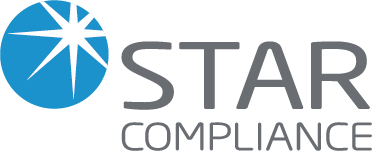Fueling Digitalization
Data is the fuel for digitalization. Data-driven enterprises provide better service to their customers and make better decisions. Generating real added value from data requires an agile data strategy and the ability to execute.
How do you turn data into valuable applications? How do you extract meaningful information from millions of touchpoints?
At Xebia, we have over a decade of experience in developing data and AI strategies and implementing solutions with real business value.
- Based on extensive workshops, interviews, and assessments, we design Data and AI strategies and roadmaps that revolve around people, processes, technology, and data.
- Our experts transform these roadmaps into scalable and productized data solutions that run on any cloud.
- Data science use cases must be successfully industrialized and scaled to generate added value consistently and sustainably. With our machine learning operations (MLOps) experience, we embed processes that ensure the maintenance, operation, and continuous development of data products and services.
- We apply an agile approach to identify improvements and eliminate blockers quickly, learn and adapt, and continuously optimize the algorithms. The result is a fast proof of value (PoV), which is often the key to success.
Data and AI Services and Solutions
Clients
Technology Partners

Working With Xebia
Experienced
Everybody is talking about data and AI. Our team has been implementing scalable data solutions since 2009.
Agile Approach
Test and learn are the only way. We have a long history of applying agile methodologies. We embrace and extend Agile to Data Science projects.
Enterprise-Grade
Our experienced software engineers and IT professionals understand what it takes to implement solutions within existing, enterprise IT environments.
Vendor Independent
We choose the best-of-breed technology that gets the job done and fits within your IT organization.
No Lock-In
We aggressively avoid lock-in to our services. We help our clients to stand on their own legs by training their teams and sharing our knowledge.
Communicative
You’ll know when there is a Xebian in your team by the energy, dynamics, and ability to communicate they bring.








